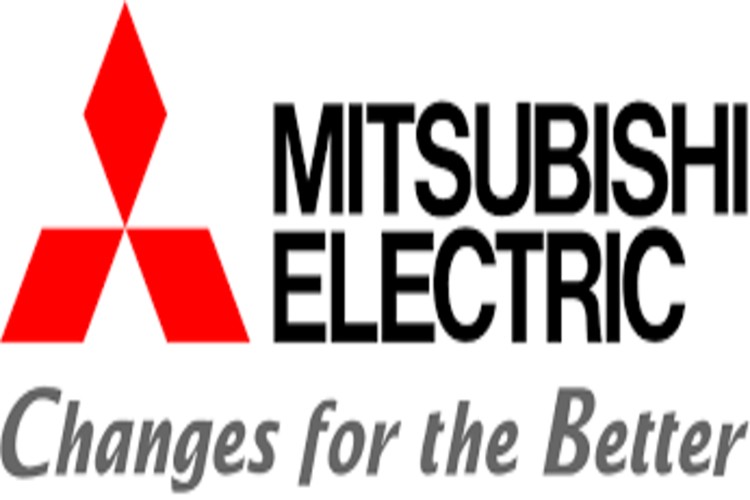TOKYO – Mitsubishi Electric Building Solutions Corporation (MEBS, Head Office: Chiyoda-Ku, Tokyo; President: Iwao Oda) today announced the introduction of KEGMIL, a cloud-based platform developed by the Singapore-based startup FTV LABS PTE. LTD. (FTV LABS) to improve the management of field services for elevator and escalator maintenance in overseas markets. KEGMIL will be launched in Singapore in October 2025, with the aim of expanding its deployment primarily across Southeast Asia and eventually to other regions.
In today’s world, maintenance services for elevators and escalators have become increasingly important as a means of ensuring user safety and meeting the growing demands for convenience and comfort. At the same time, workforce aging and inefficient work processes are emerging as major issues. Introducing KEGMIL into elevator maintenance field services will allow MEBS to improve efficiency by allowing everything from work instructions and progress confirmation to rapid dispatch of maintenance workers be completed through the KEGMIL app. Specifically, during our pre-introduction verification, we obtained confirmation that the amounts of work involved in creating maintenance worker assignment plans and maintenance worker work reports could be reduced by approximately 90% and 50%, respectively.
In the future, together with M’s BRIDGE, which enables remote monitoring and inspection, MEBS will enhance the efficiency of its comprehensive maintenance services and promote the provision of consistent and high-quality field services.
Main Features of the KEGMIL System
1) Improves work quality and efficiency through clarification of work items and content.
- Work procedures for each product can be standardized using the workflow and checklist creation functions. Task-specific clarification ensures consistent work quality.
- Work efficiency is enhanced by centrally managing the necessary procedures, inspection items, and other related materials for each operation and making them available via a mobile app.
- Work instructions can be configured not only for each product, but also for each site and unit according to their respective specifications, enabling detailed work guidance.
2) Efficient maintenance worker allocation and precise work orders minimize downtime and enable rapid recovery.
- Monitoring the progress of workers’ tasks periodically and combining this with GPS location data facilitates rapid dispatching of workers in response to emergencies such as equipment failures.
- The use of checklists makes it possible to provide precise work instructions according to the elevator’s condition and facilitates early recovery.
3) Digitizing work completion reports and signatures on mobile devices streamlines manual work allows the system to be used for emergency response work.
- Centralized management of work orders, work checklists, and work reports on mobile devices facilitates the automatic generation of electronic reports—complete with signatures—in the designated format upon the completion of each work assignment, eliminating the need to return to the office between assignments.
- Attaching photos and videos to reports allows work to be executed accurately even by personnel not directly responsible for the unit in question during emergencies.
Background
Elevators and escalators, which support mobility worldwide as part of the social infrastructure, are subject to increasing demands with each passing year with regard to user safety, convenience, and comfort. Consequently, the importance of providing maintenance services that satisfy these demands is also growing. Meanwhile, many countries around the world are facing the same challenge as Japan of securing a sustainable workforce as the working population continues to age, and in addition to securing human resources, improving maintenance efficiency and proceeding with DX have become urgent priorities.
However, in the field service sector for elevators and elevators, much of the recordkeeping and management still relies on paper and manual processes, and much of the data acquired in the field has to be manually input into multiple systems at the office, which results in all kinds of inefficient business processes.
The introduction of the KEGMIL platform into our elevator and escalator maintenance field services makes it possible to complete a wide range of procedures entirely on the app, including clear work instructions using checklists and photographs, real-time progress confirmation of various work tasks, emergency dispatch of maintenance workers using GPS location data, and digital signatures.
Together with the digital transformation (DX) of our maintenance operations, we will continue to develop our global remote-maintenance service M’s BRIDGE, which enables continuous monitoring, inspection, and data analysis of elevators. This will enhance the overall efficiency of our maintenance services and achieve uniform and high-quality field services.













